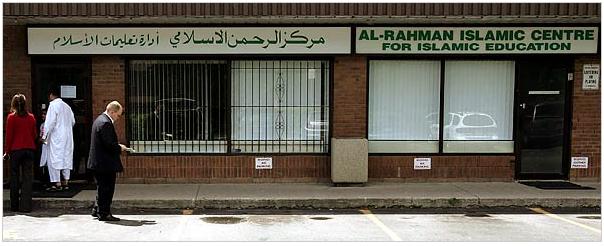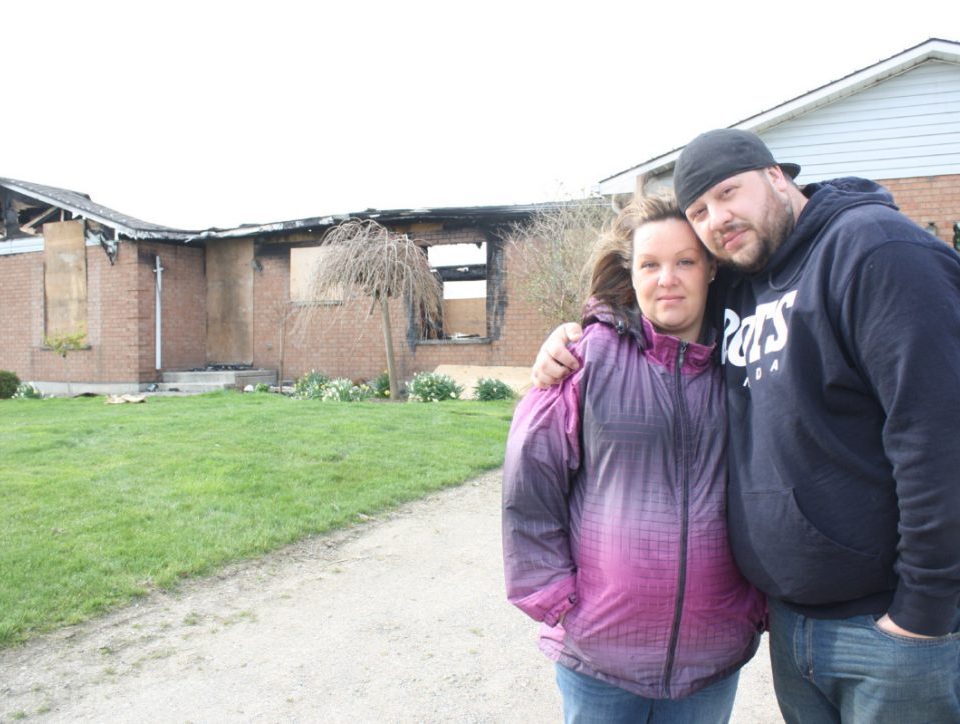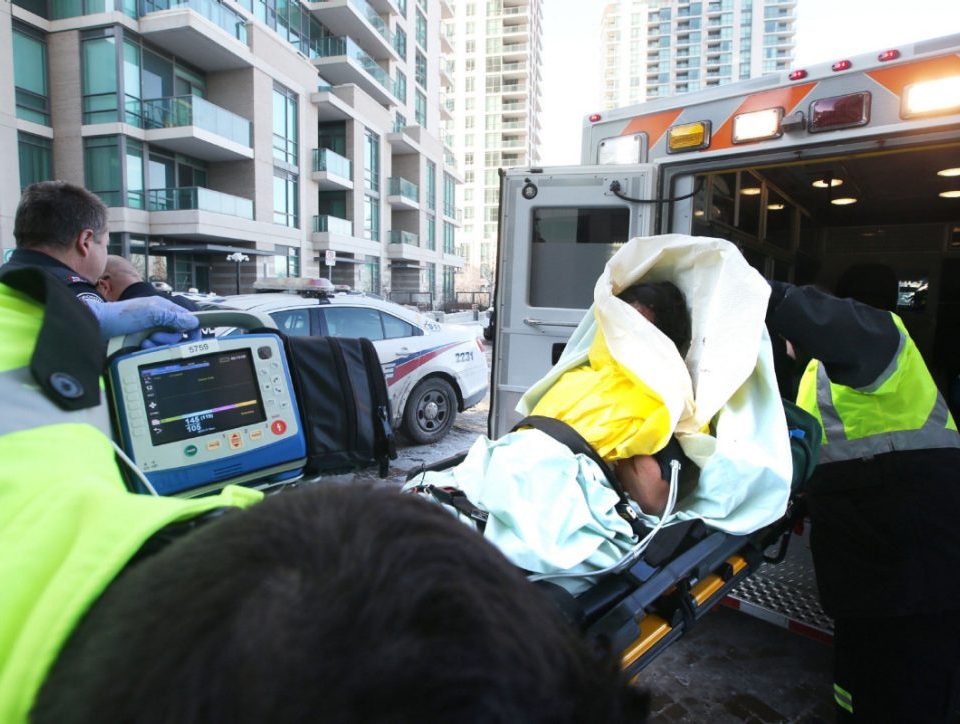A mosque links 6 of 17 seized in Toronto plot – Americas – International Herald Tribune

Details Emerge About Suspects in Canada Bomb Plot
June 4, 2006R. v. Ghany, 2006 CanLII 24454 (ON SC)
June 20, 2006At least six of the 17 people arrested by Canadian authorities in a sweeping counterterrorism operation over the weekend regularly attended the same storefront mosque in this middle-class Toronto suburb of modest brick rental town houses and well-kept lawns, according to fellow worshipers.
The mosque, Al Rahman Islamic Center for Islamic Education, is one of the few public pieces of information that clearly link any of the 17 suspects – 12 adults and five youths – arrested in one of the biggest antiterrorism actions in North America since the Sept. 11, 2001, attacks.
Members at a mosque prayer meeting on Sunday said that the six fellow worshipers arrested included the eldest, Qayyum Abdul Jamal, 43. He was described by several acquaintances as a school bus driver and an active member of the mosque who frequently led prayers, made fiery speeches and influenced young people who attended the services.
“He spent a lot of time with youth. He’d take them for soccer or bowling, and talk to them,” said Faheem Bukhari, a director of the Mississauga Muslim Community Center who sometimes attended prayers at Al Rahman mosque. He said that Jamal never openly embraced violence or talked about Al Qaeda, but that he was “very vocal and I believe could incite these young kids for jihad.”
Anser Farooq, the lawyer representing Jamal and three other people from the Al Rahman Islamic Center, said he was not a leader of that mosque. “He’s one of about a half-dozen people who lead prayers at the mosque,” he said.
Jamal was not part of any conspiracy, Farooq said.
As the authorities in Canada and the United States continued to piece together details from the lengthy investigation, another mosque in Toronto was vandalized. More than a dozen windows in the building were broken, two panels of the glass front door were smashed and several cars parked in the rear of the building were damaged.
Islamic leaders who met with the Toronto police chief on Sunday demanded a thorough investigation of the vandalism. They also urged calm and expressed hope that the 17 arrested Friday night would receive a fair hearing.
The arrests, by hundreds of agents of the local police, the Royal Canadian Mounted Police and the Canadian Security Intelligence Service, has so far led to little public disclosure about the underground workings of the alleged domestic terrorist cells. The authorities say the group was determined to use homemade bombs against targets in southern Ontario.
But lack of detail has started to raise questions about the credibility of the charges and the actions of the police.
While many Canadians expressed relief upon hearing the news that a potentially devastating attack had been averted, some in the Muslim community were skeptical about the lack of specific charges. The 12 adults were charged with offenses under the Criminal Code of Canada.
The authorities did not identify the potential targets.
Since Sept. 11, several police investigations against Muslims here have unraveled after arrests were made, which has left a bitter legacy within Canada’s Muslim community.
“People are suspicious and there’s anger,” said Aly Hindy, imam at the Salaheddin Islamic Center in Scarborough, an eastern suburb of Toronto with a sizable Muslim community. “We are being targeted not because of what we’ve done, but because of who we are and what we believe in.”
The Royal Canadian Mounted Police said Saturday that the group of men “took steps to acquire” three tons of ammonium nitrate and bomb-making electronic components. But they left unclear whether the men actually had taken delivery of the material and had it in their possession when arrested.
Hindy expressed puzzlement over how and where the suspects could have hidden three tons of fertilizer. “These guys are living in town houses and apartments in the city,” he said.
Canadian authorities have refused to provide details, but they have said they believed that the group represented “a real and serious threat.”
Ian Austen, Chris Mason and Dave Staba contributed reporting from Mississauga




